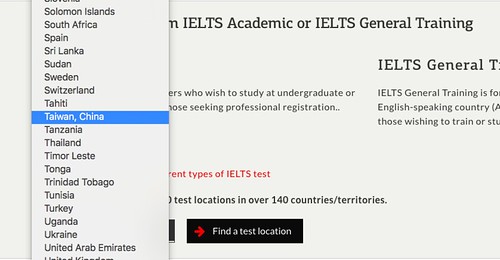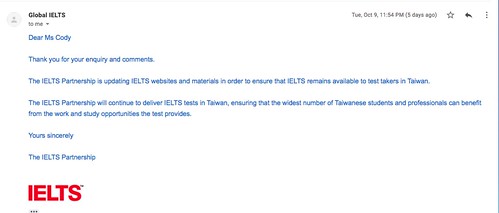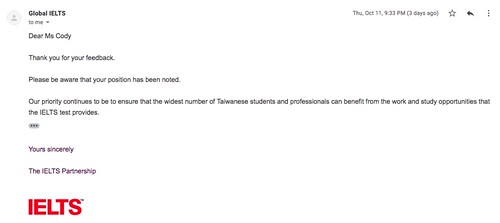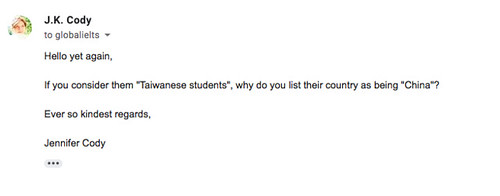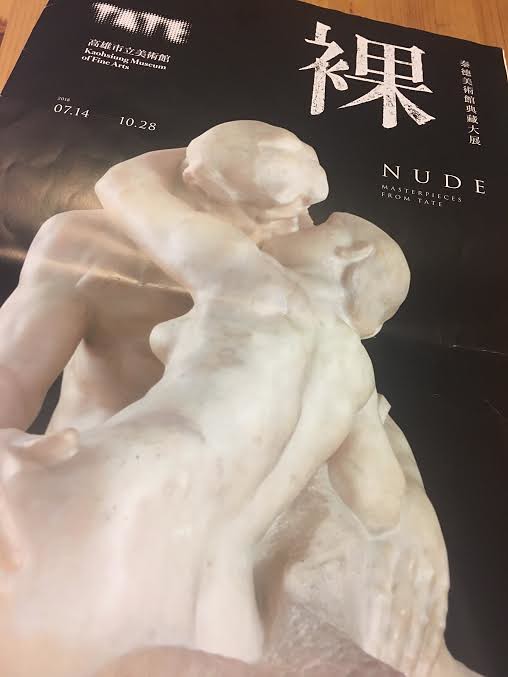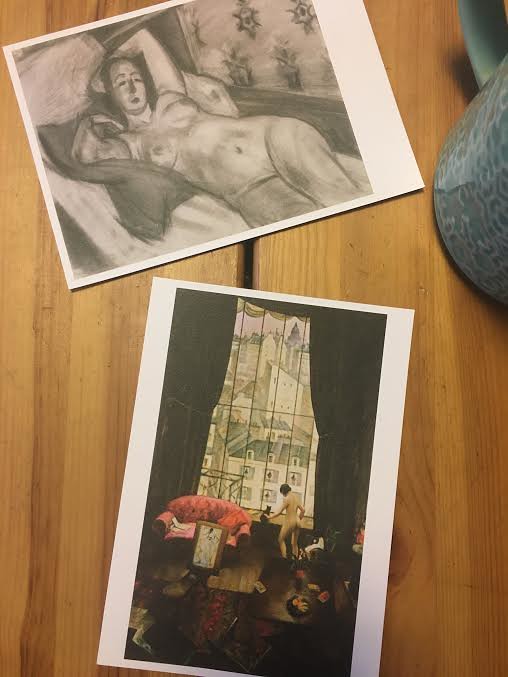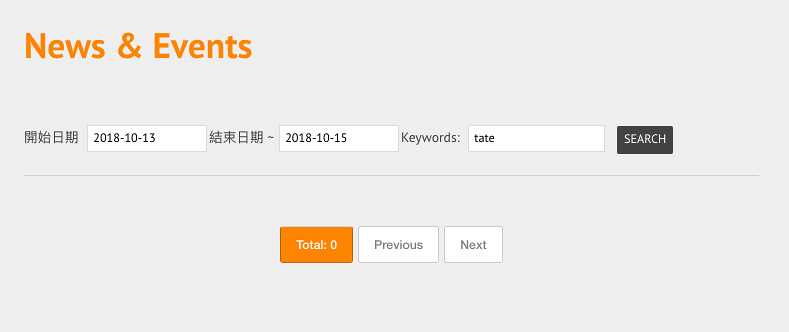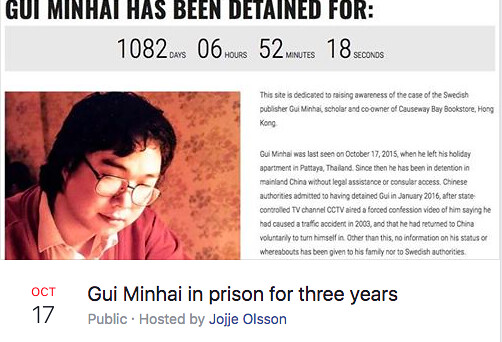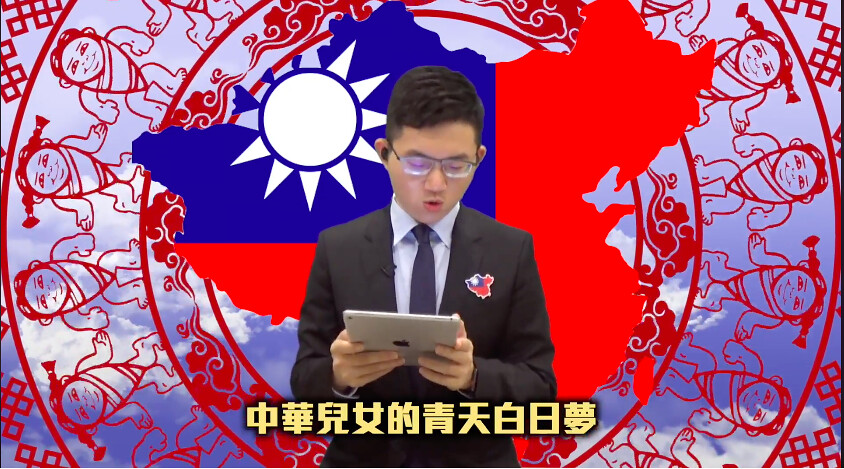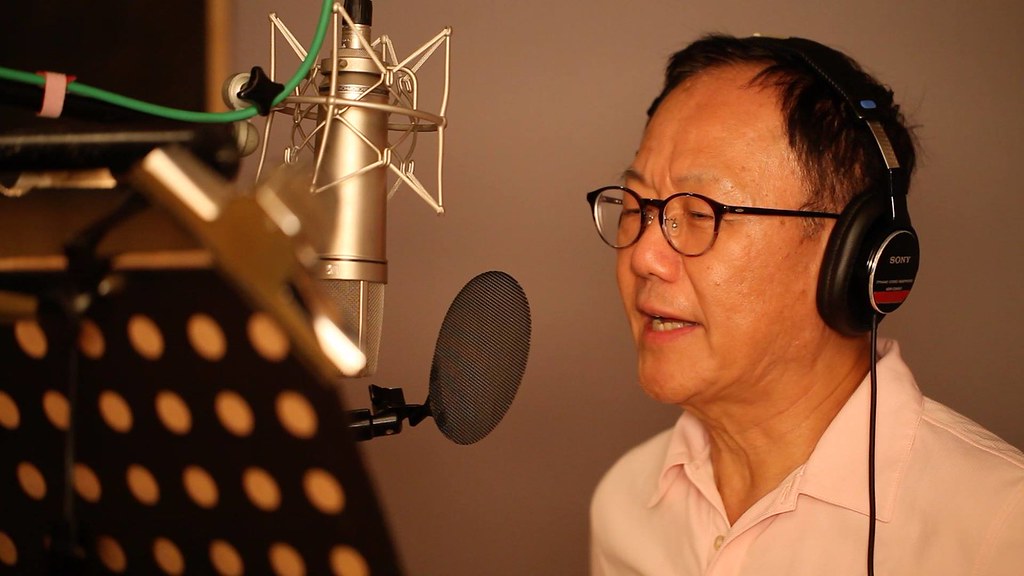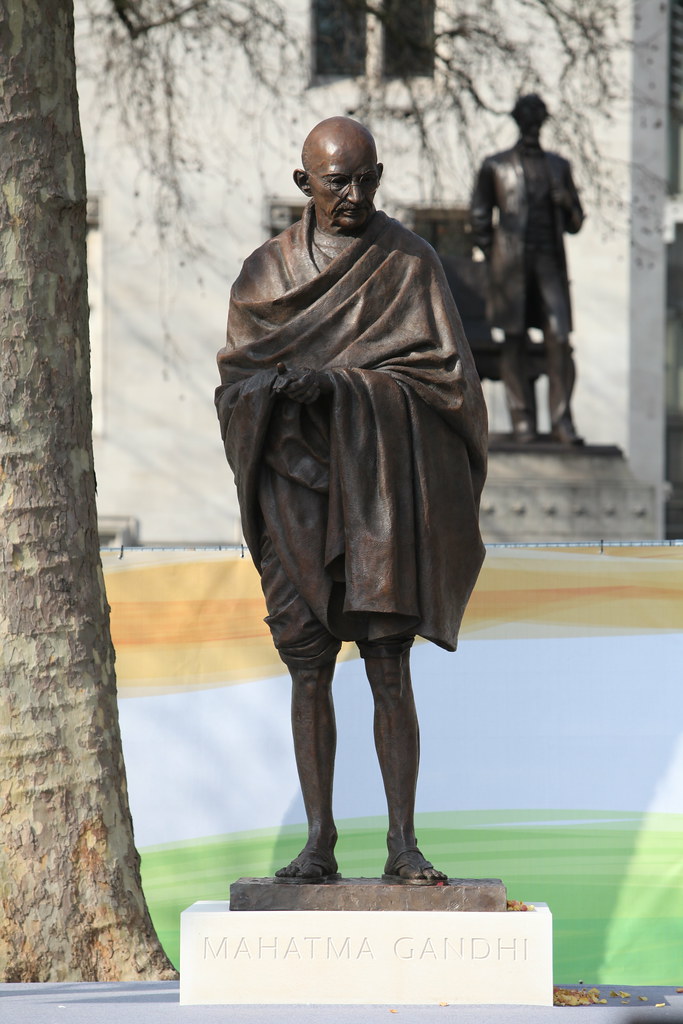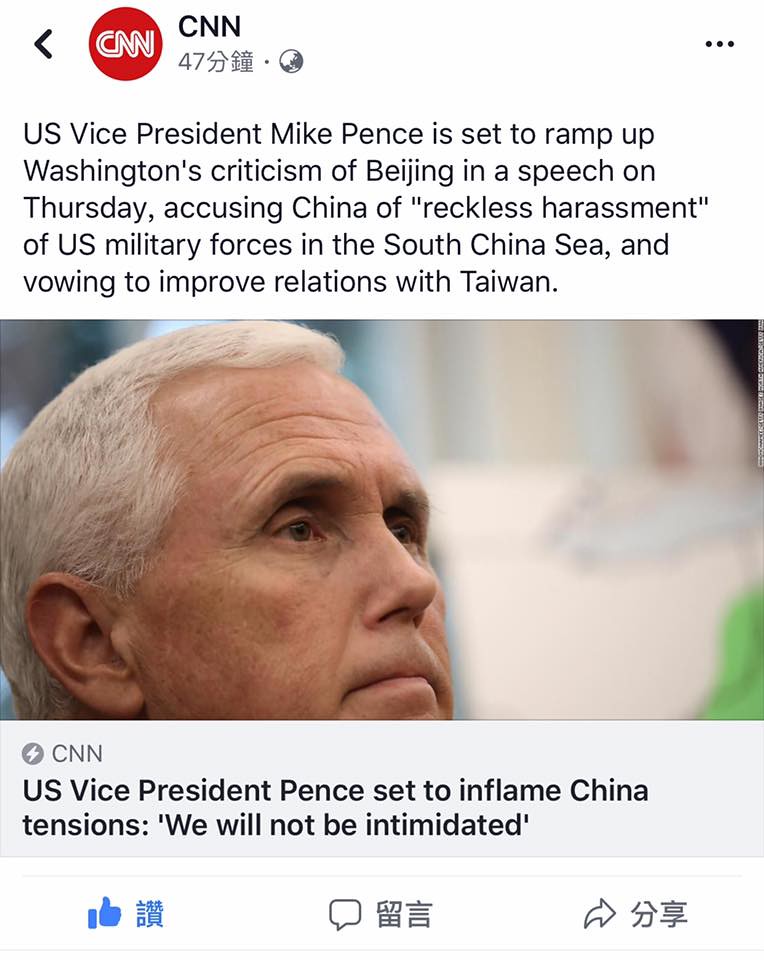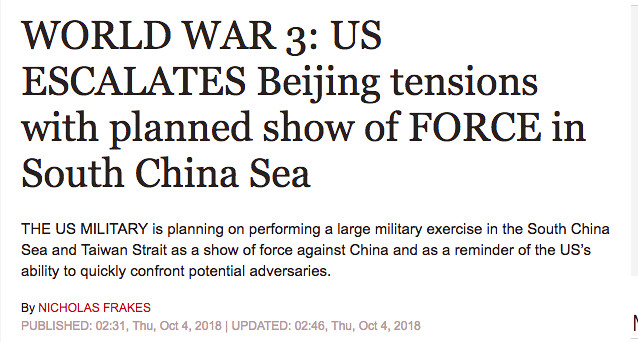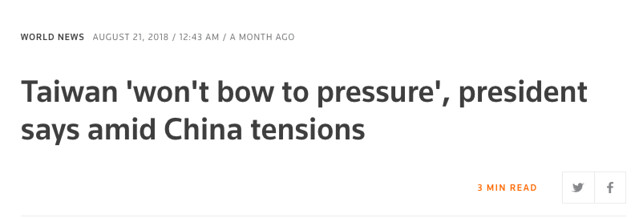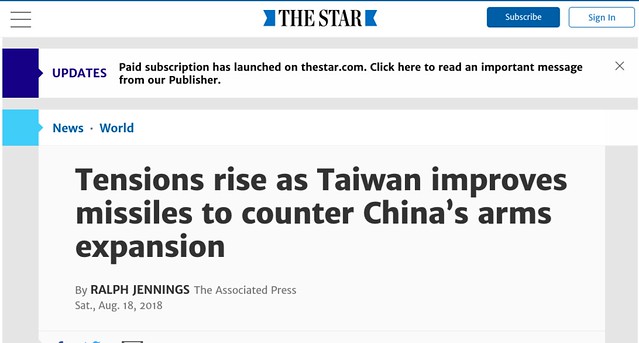
As an English teacher who believes in the power of authentic communication in language learning -after all, that's how I learned Mandarin - I've been following the work of Taipei Teen Tribune with interest. It's an English-language 'new media' website with articles written by Taiwanese teenagers, with a lot of really great content (and a useful site to follow if you want to know what Taiwanese youth are thinking). And as a professional, I'm interested in how it has helped Taiwanese youth to develop their English language proficiency.
Recently, 12th grader Irene Lin wrote this insightful piece about what it's like to learn English in Taiwanese schools. It goes something like this:
Many students, who are able to get high grades on tests, are incapable of having an actual English conversation nor write an
essay on their own. Lessons are designed for students to be able to answer grammar questions and fill vocabulary into sentences rather than practical usage.
Treating English like a math problem is the major flaw in Taiwan’s English education. Students are taught to look at a sentence by breaking them down into pieces based on parts of speech. Overemphasizing grammar and neglecting content causes students to misuse vocabulary and leads to a lack of ability to comprehend meaning.
Lin suggests a solution that pretty much every professional educator with solid training can get behind:
The amount of reading, writing, and speaking needs to increase to solve the problem. However, we not only need to increase the amount but also its difficulty. Students learn more vocabulary through a novel compared to a five paragraph text; learning to write an essay provides the opportunity to learn critical thinking, an ability that Taiwanese education has never taught.
The analysis itself could go deeper, but what is said is spot-on. I'd bend over and do backflips to have a student like this in my classes, and I don't even teach teenagers (I work with adults). Essentially, she's spot on that macroskills work needs to be increased by a massive amount, with an eye to creating users, not learners of the language. Taiwan's secondary school language curriculum currently focuses on passing the various national exams, which in turn are focused on a grammar-structure-heavy view of language.
It's a classic example of negative washback, and the effects are already well-known: while many Taiwanese English teachers are open to more communicative-competence oriented language teaching, only elementary school Taiwanese teachers of English feel they're able to actually incorporate this into their teaching. This is true even in Tainan, where "English as a second official language" has been a policy for a few years now: elementary school teachers are overall more enthusiastic than junior high school ones, almost certainly due to the pressure of preparing learners for national exams.
At the secondary level, teachers repeatedly say that the pressure to prepare learners for exams (which do not focus on communicative competence at all) keeps them from meaningfully incorporating learning approaches that are shown to produce competent users, not just test-takers.
There is just no way to incorporate anything like communicative teaching, task-based learning, a lexical approach or the Big Mama of bilingual education - CLIL, or Content Language Integrated Learning - at a national level as long as the teachers are still pinned to the wall vis-a-vis the national exams.
The exams themselves need to either be scrapped (at least the foreign language sections, though I'm of a mind to say the whole thing should go, with more proficiency-oriented assessment methods taking their place), or revamped so completely that they look nothing like what learners do now. There is just no place in modern language learning for pages and pages of grammar analysis without any nods to practical usage or even meaning in context.
There's just no other reasonable way to teach English for proficiency - you can't expect teachers to do that and to produce test-takers who can handle a grammar-heavy sit-down exam at the same time. The tests have got to go - but good luck convincing parents, some old-school teachers, and more conservative officials in the Ministry of Education that.
Certainly, meaningful skills and systems practice should be a part of any meaningful language-learning curriculum, but it's not enough to say "increase the difficulty." As other professional educators in Taiwan have noted when reading this, another big issue is that the ways in which language classes in Taiwanese schools are already difficult are not the ways that will produce proficient users of English.
For example, as a knowledgeable friend pointed out, there's a glut of vocabulary in the current curriculum - far too much to absorb in any real way. If the target language for each class is 4-5 new words at most - but those words are truly used in terms of collocation, colligation, common usage, presence in idiomatic speech and more, and strongly contextually presented, by the end of a typical Taiwanese student's education, they will have still learned thousands of words - more than enough to be proficient, if they can use them across several collocations and phrases. The difference is that they'll be more likely to actually remember what they learned, rather than trying to cram five times that many lexical items into their brains, vomiting it all up on tests, and then forgetting most of it soon after.
That Lin and her peers already know they're receiving a sub-standard language education is a start. That Lin is able to say clearly that her education does not teach her to think critically is, ironically, a sign of critical thinking ability. It gives me faith in the new generation, so I'll kindly thank you to stop calling them strawberries and mindless phone drones.
All of this leads right back to issues with making English a "second official language" in Taiwan.
The idea itself isn't a bad one, and the stated goals of the program are actually quite reasonable. The goal isn't to make everyone a fluent speaker, or even necessarily a fully proficient one. They're to make Taiwan a more navigable, understandable destination for foreign visitors and businesspeople - essentially, to internationalize. They're to make English less 'scary' (so, for example, maybe shop assistants won't run away when they see me because they're afraid to speak English; nevermind that I speak Mandarin), and to improve the English curriculum that Taiwan already has. The timeline is reasonable as well.
That said, the fact that Taiwanese youth already go through about a decade of English classes in school, and most who don't come out speaking English in any meaningful way (those who do have almost always taken additional after-school language classes) is a massive problem. Simply having more classes won't help if the curriculum is ineffective. But if the curriculum doesn't work because it's preparing learners for exams rather than teaching them to use a language, it can't be changed unless the exams change.
Tainan is already doing a good job with this on the tourist end, with improvements such as English audioguides now available for major temples, so that any visitor can take a self-guided English-language tour of a number of Tainan temples, and by all accounts the work is quality.
When it comes to improving actual education and proficiency, however, my big worry is that there's simply no way to know if it's working. There seems to be no assessment mechanism built into Tainan's program, which is a yellow (if not a red) flag itself. Even if there were, it's so new that we'd have no idea if it were working by how anyhow; it's too early to know. That Lai has announced the initiative at a national level now is pure politics.
These issues aside, the problem that Lin dances around in her piece is exactly the thing that I fear will torpedo the program: we have no idea whether the continued existence of the national exams in Tainan is having an effect on the "English as a second language" program there, because there's not only no data, but no mechanism that I know of to collect it. Now, imagine that problem on a national level. I just don't see how this is going to work unless we kill the test-heavy way languages are taught in Taiwan now.
That itself is hard to do unless we clean house in terms of the teachers and Ministry of Education officials who will fight such changes, and not just hire "more teachers", but implement improved training for those teachers (both foreign and local - the time is here when it comes to no longer allowing uncredentialed 'native speakers' to be hired as English teachers in Taiwan, with little or no institutional support or meaningful training once employed. Although that's how I got my start, the system simply has to change.) For foreign English teachers, insisting on an internationally-recognized certification - especially now that one will soon be available in Taiwan - and setting parameters for which certification programs are accepted is just a first step.
On top of that, an entirely new curriculum will have to be written, which challenges learners in appropriate ways. What it means to assess learning will have to be entirely re-vamped. Only through consulting with experienced, trained teachers can we ever hope to do this well.
Until that happens, we might be told that English education in Taiwan is going to change, but teachers will continue to prepare for the ludicrous national exams, and students like Irene Lin aren't going to see their language education get any better.
I'm not holding my breath.

